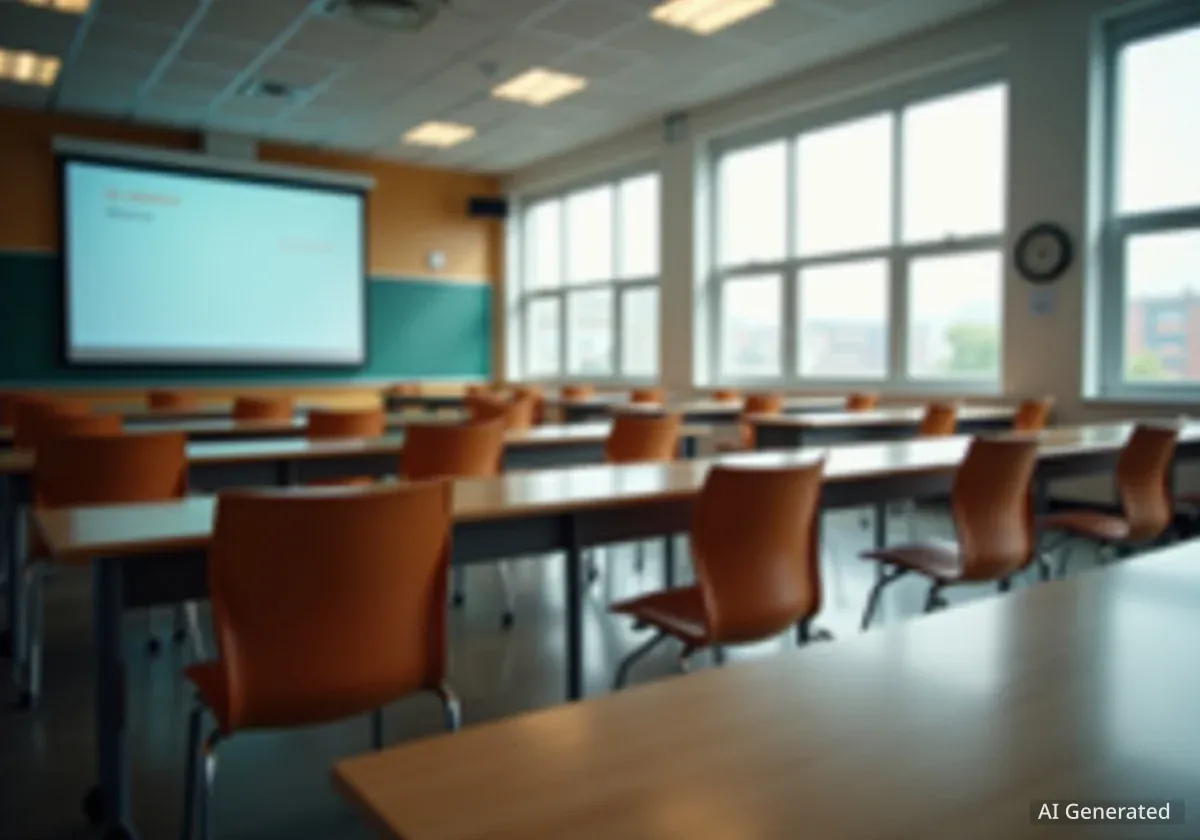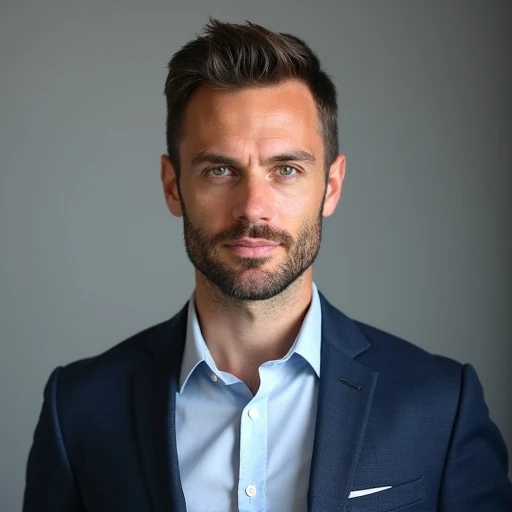The College of the Sequoias has terminated a part-time biology instructor after a student recorded him making inflammatory comments during a class. The instructor, Shaynon Scheidt, was dismissed hours after the college administration became aware of the incident on September 11.
The situation unfolded when Scheidt addressed his class and made remarks that a student found deeply disturbing. The student used a cellphone to record the instructor's words, which included expressions of hope for the death of a public figure's entire family line.
Key Takeaways
- A part-time biology instructor, Shaynon Scheidt, was terminated by the College of the Sequoias.
- The dismissal was a direct result of inflammatory comments made in a classroom setting.
- A student recorded the remarks, which included wishing death upon a figure's family for generations.
- The college took immediate action, firing the instructor within hours of being notified of the recording.
- The incident has raised questions about professional conduct and freedom of speech in academic environments.
Details of the Classroom Incident
The controversy began during a biology class at the Visalia-based community college. According to reports, instructor Shaynon Scheidt began speaking about a public figure, leading to the comments that ultimately cost him his job.
A student in the class, alarmed by the nature of the remarks, began recording the lecture. The recording captured Scheidt making a highly disturbing statement.
"Yeah, I hope every one of his family dies, and their children, and their grandchildren, and their grandchildren, and their grandchildren, to eternity," the instructor was recorded saying.
The student who captured the audio was reportedly shocked by the comments and chose to leave the classroom immediately after the incident. The recording was subsequently shared, bringing the matter to the attention of the college administration.
The Role of Student Recordings
Incidents involving instructors' in-class statements being recorded by students have become more common with the universal presence of smartphones. These recordings often play a crucial role in disciplinary actions, as they provide direct evidence that can be difficult to dispute. However, they also spark debates about privacy, academic freedom, and the appropriate context for classroom discussions.
College Administration Responds Swiftly
The College of the Sequoias (COS) administration acted decisively once they were made aware of the recording and its contents. On September 11, within hours of discovering the instructor's behavior, the college initiated termination proceedings.
In a statement, the college confirmed the swift action. Officials emphasized that such conduct does not align with the institution's values or professional standards for educators. The primary focus was to ensure a safe and respectful learning environment for all students.
Immediate steps were taken to remove Scheidt from his teaching duties. A replacement instructor was assigned to the class to minimize disruption to the students' academic progress and ensure the curriculum continued as planned.
Timeline of Events
- Date of Incident: A student records instructor Shaynon Scheidt's comments in class.
- September 11: College of the Sequoias administration is notified of the recording.
- Within Hours: The college terminates Scheidt's employment.
- Immediately Following: A new instructor is assigned to the affected biology class.
Broader Implications for Academic Conduct
This incident at the College of the Sequoias is part of a larger national conversation about the boundaries of speech and professional conduct in higher education. Similar events at other institutions, such as Fresno State University, have also led to public scrutiny and administrative action.
Professional Responsibility in the Classroom
Educators are often granted significant academic freedom to discuss a wide range of topics, but this freedom is generally balanced by a professional responsibility to maintain a respectful and productive learning environment. Comments that are perceived as hateful, threatening, or excessively inflammatory can cross a line into unprofessional conduct, potentially violating institutional policies.
Colleges and universities typically have codes of conduct that outline expectations for faculty. These codes often require instructors to foster an atmosphere of mutual respect and avoid using the classroom as a platform for personal invective that is unrelated to the subject matter.
Student Reactions and Campus Climate
The student's decision to record and report the comments highlights the role students play in holding faculty accountable. The swift departure of the student from the classroom indicates the level of discomfort and alarm caused by the instructor's words.
Such events can have a significant impact on the campus climate, creating tension and sparking debate among students, faculty, and the wider community. Administrators are often tasked with balancing the principles of free speech with the need to ensure that all students feel safe and supported in their educational pursuits.
The termination of the instructor in this case sends a clear message from the College of the Sequoias about the standards it expects from its faculty. The college's quick response was likely intended to reassure students and the community of its commitment to maintaining a professional academic environment.





